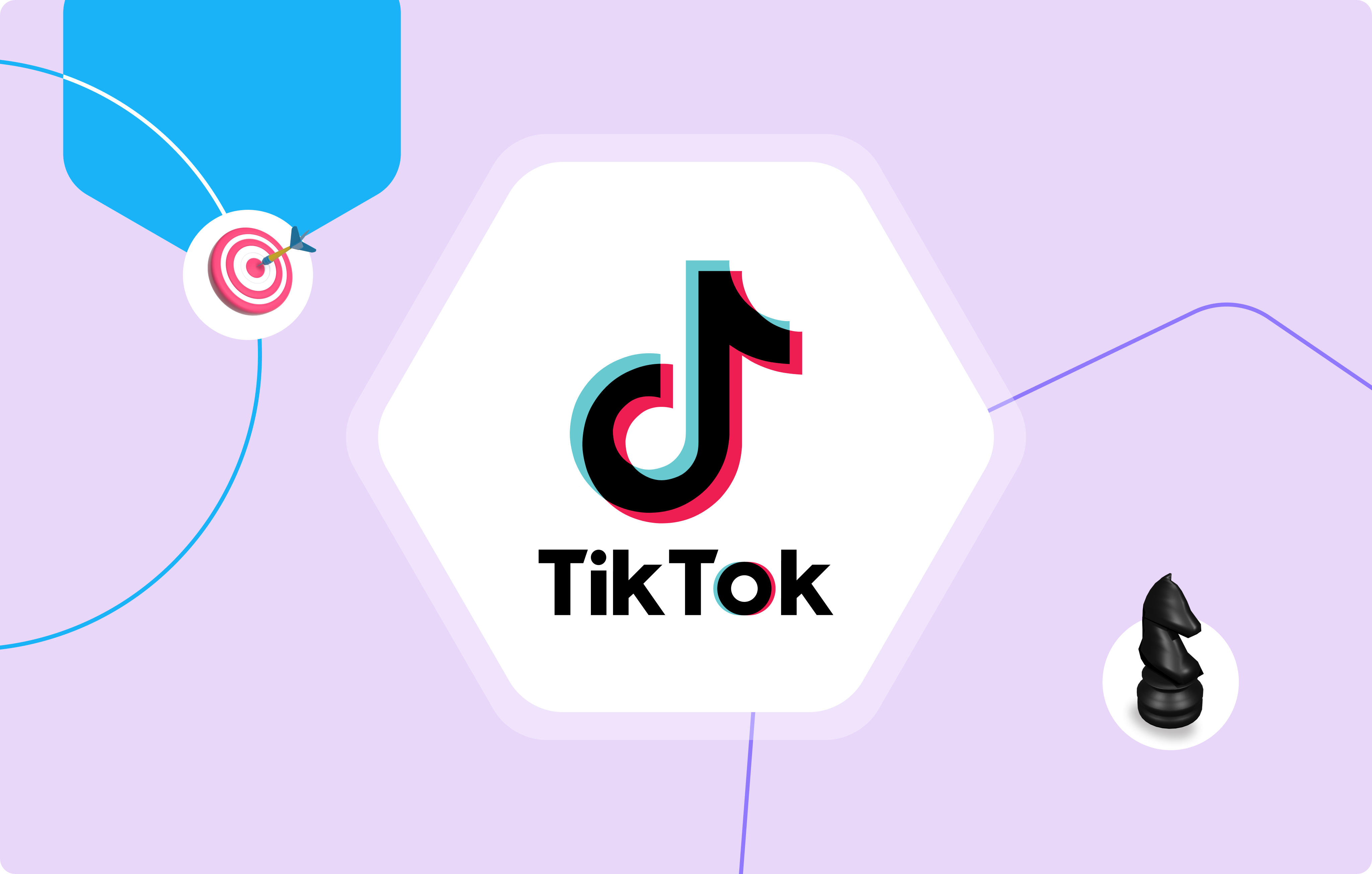This article was contributed by Greg Hoffman, CEO of Apogee an affiliate management company.
Advertisers — retailers, online merchants — need to be aware that the affiliate marketing channel is different than other channels. You can’t throw money at it and expect immediate sales. It’s a garden, and it requires proper conditions, planning, and patience.
Getting Started
First, you need to understand your customer’s journey. You can start by reviewing your analytics. Where are the customers coming from? What channels convert best, and why? What websites do your customers visit before discovering your brand, and where do they go when they leave your site?
In the beginning, customers will learn about you from a variety of sources: paid ads on social media and google, influencers, news stories, retail shelves, commercials on tv or radio, or a casual reference from a friend. How many times does a customer need to hear about your product before purchasing? In today’s world, who knows? The reality is that they will cross channels many times. You can help close the deal faster by developing more relationships.
Methods of Promotion
When considering affiliate marketing, you need to understand all the available methods of promotion. Two of the most notable and sometimes scariest are coupon-based affiliates and cashback or loyalty affiliates. If you have a coupon field on your website, then a coupon search is part of your customer’s behavior, whether you like it or not. You can treat coupon-based affiliates differently, choosing to be very picky about who to partner with, but you cannot avoid them. Your customers will still visit coupon sites, and you may or may not have control of what they see on those landing pages.
Other methods of promotion include paid search, shopping cart abandonment, bloggers, review sites, general content sites, social media influencers, big media publishers, loyalty sites, and non-traditional partners. Each one of these can be a significant part of your strategy for growth, but there is a harsh reality. These affiliates aren’t looking for you. They may not know that your program exists. Maybe they’ve never even heard of your brand.
The good affiliates, the affiliates you want, need invitations. When they receive those invitations, you are disrupting their day. They are busy promoting your competitors or programs in other niches that launched an affiliate program six years ago and have been paying consistently forever. You have to convince them they will make money by selling your products. It’s not just about how much commission either; they want proof of conversion. The smart affiliates are going to do the math. They will sum up your brand awareness, their audience buying tendencies, your average order, your commission, and your conversion. Is your brand worth their time? Only they can answer that. But you have to communicate all of that efficiently.
Long Term Strategies
When considering a long-term affiliate marketing strategy, you have to think about the resources and experience it takes for quality recruitment, education, and activation. Affiliate is not a set-it-and-forget-it channel. Recruiting never ends because affiliates come and go. Affiliates who do not see enough conversion from clicks they send to your site will move on. You have to replace them. Your brand could receive a massive hit from a big media publisher. Your monthly sales could skyrocket, but that traffic lasts only a few days or weeks. How will you grow the program next month, or next quarter, or next year?
The goal is to recruit a wide variety of affiliates with different methods of promotions to foster consistent growth. The 80/20 rule applies to affiliate marketing as much as anything else. The majority of your affiliates will always be inactive. Maximizing the group that gets active, that 20%, takes transparency and communication. You need to gain their trust and teach them about your products and company story. They need to hear from you often and feel part of your overall marketing efforts. Once they become invested in your brand, and they begin to earn commissions, they will become true ambassadors with ongoing active promotions.
You may pay types of affiliates differently to help your program grow and maintain profitability. Coupon and cashback affiliate commissions can be lower than the default rate. They are part of the customer journey, but they most likely did not introduce the customer to your brand. Variety in the commission structure gives you a little wiggle room to offer strong sales goal incentives.
Inevitably an affiliate will want you to send them free products for review. You don’t have to give away everything for free. You can give them a one-time deep discount code for personal use. Allow them to click on their affiliate link. Let them review the product by going through the sales process and speaking from a position of authenticity. Remember, this is traditional affiliate marketing, and you want sales tracked through the channel. Broad concepts like branding and impressions matter less.
If you can set up personal “forced exclusive” codes that track affiliate activity without requiring links, definitely consider these for Instagram, YouTube, and podcast affiliates. They sometimes need a little extra hand-holding, but they have tremendous potential as partners.
Timely payment is essential. Affiliates will stay loyal if they see proactive affiliate program management and get paid regularly. It is your responsibility to approve their transactions and make payments. Consistency is the key here.
The Bottom Line
All of this is what my affiliate management company does for clients every day. The Apogee team has won awards, spoken at dozens of affiliate conferences, taught other managers best practices, and built growing programs with custom strategies. We have tools for the unlimited recruitment of relevant partners. The agency has cultivated an internal community of engaged affiliates that ask questions and join our programs. We have a growing library of how-to videos that help affiliates create better promotions. If you need help expanding in the affiliate marketing channel, let’s talk.



